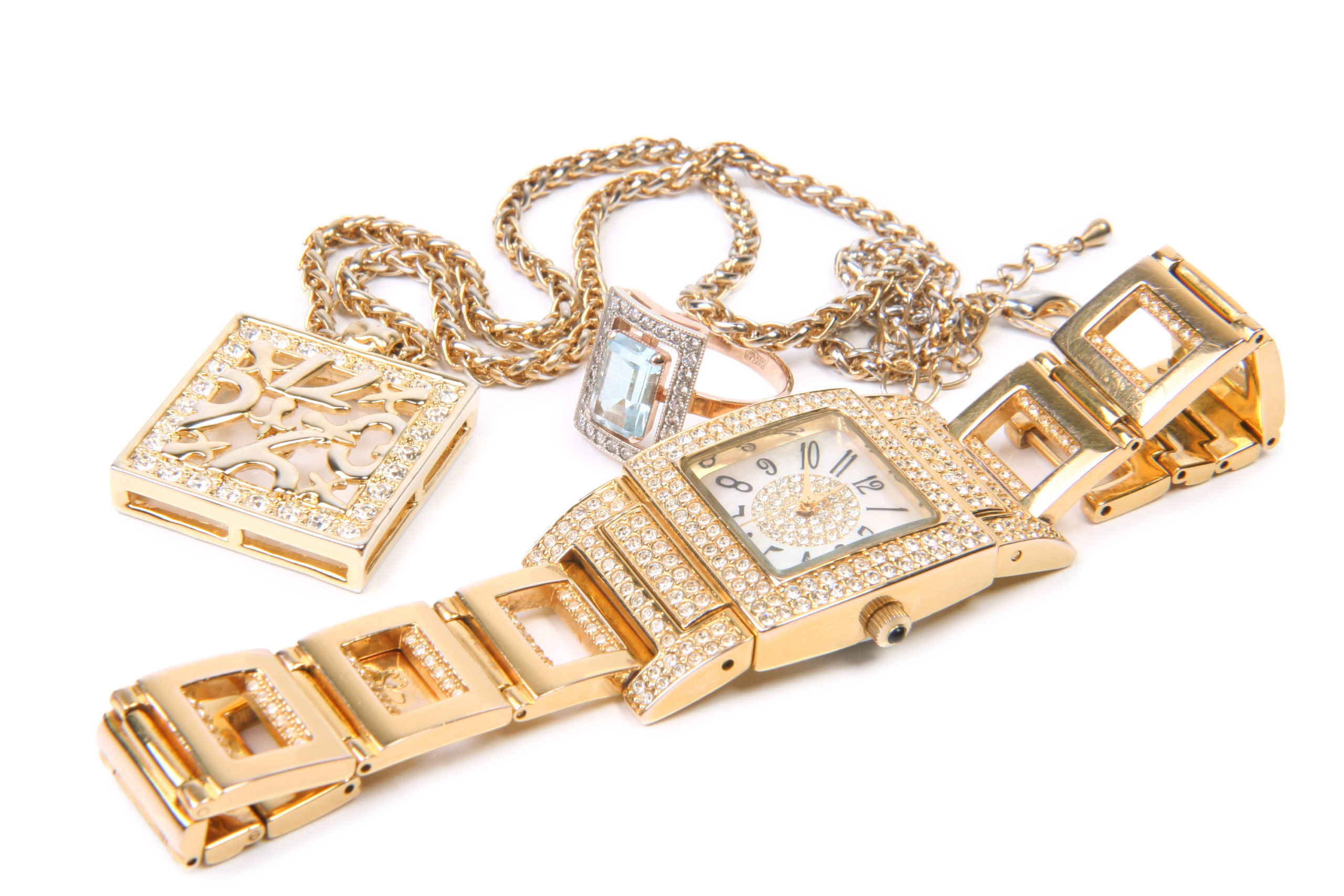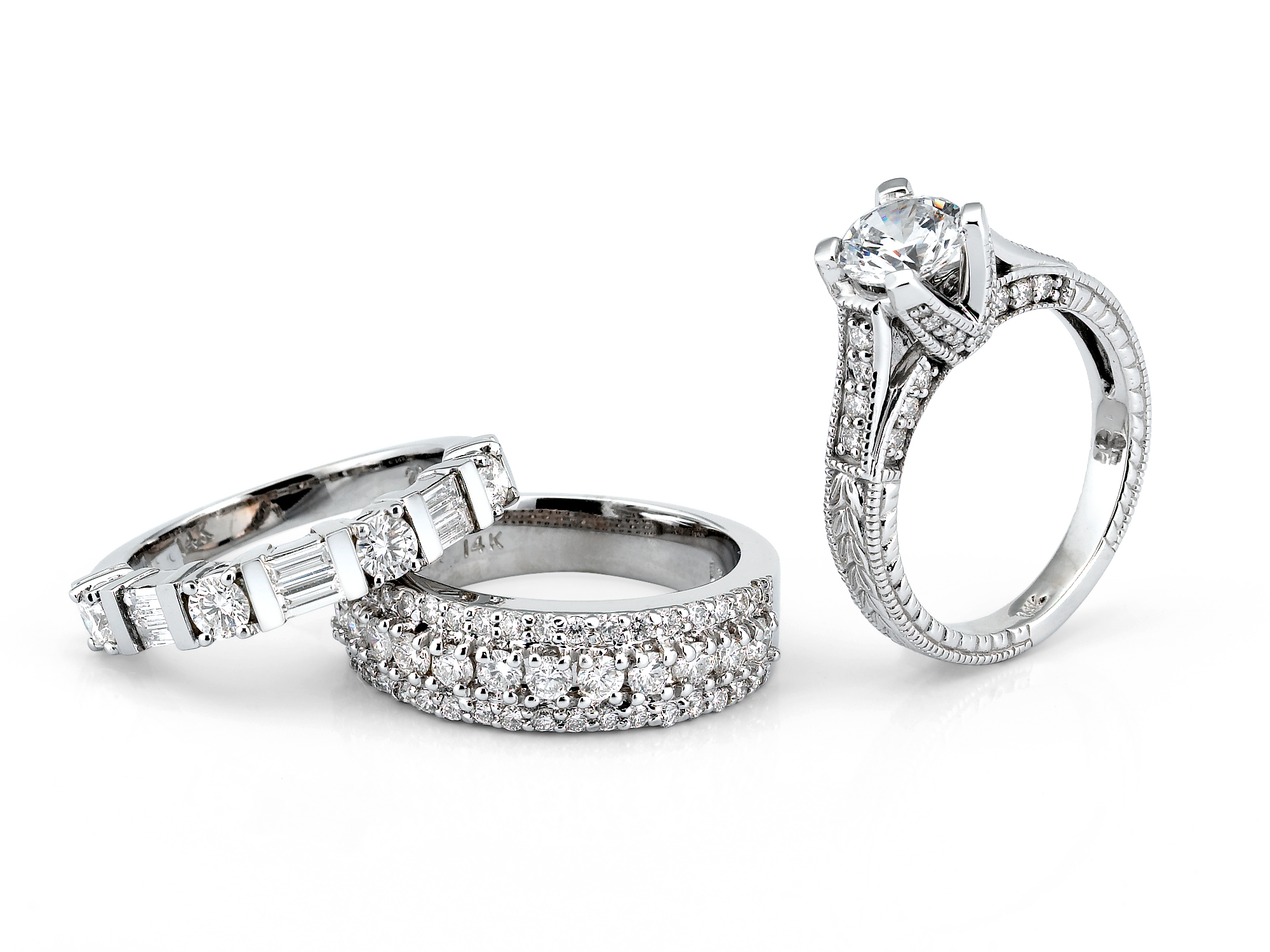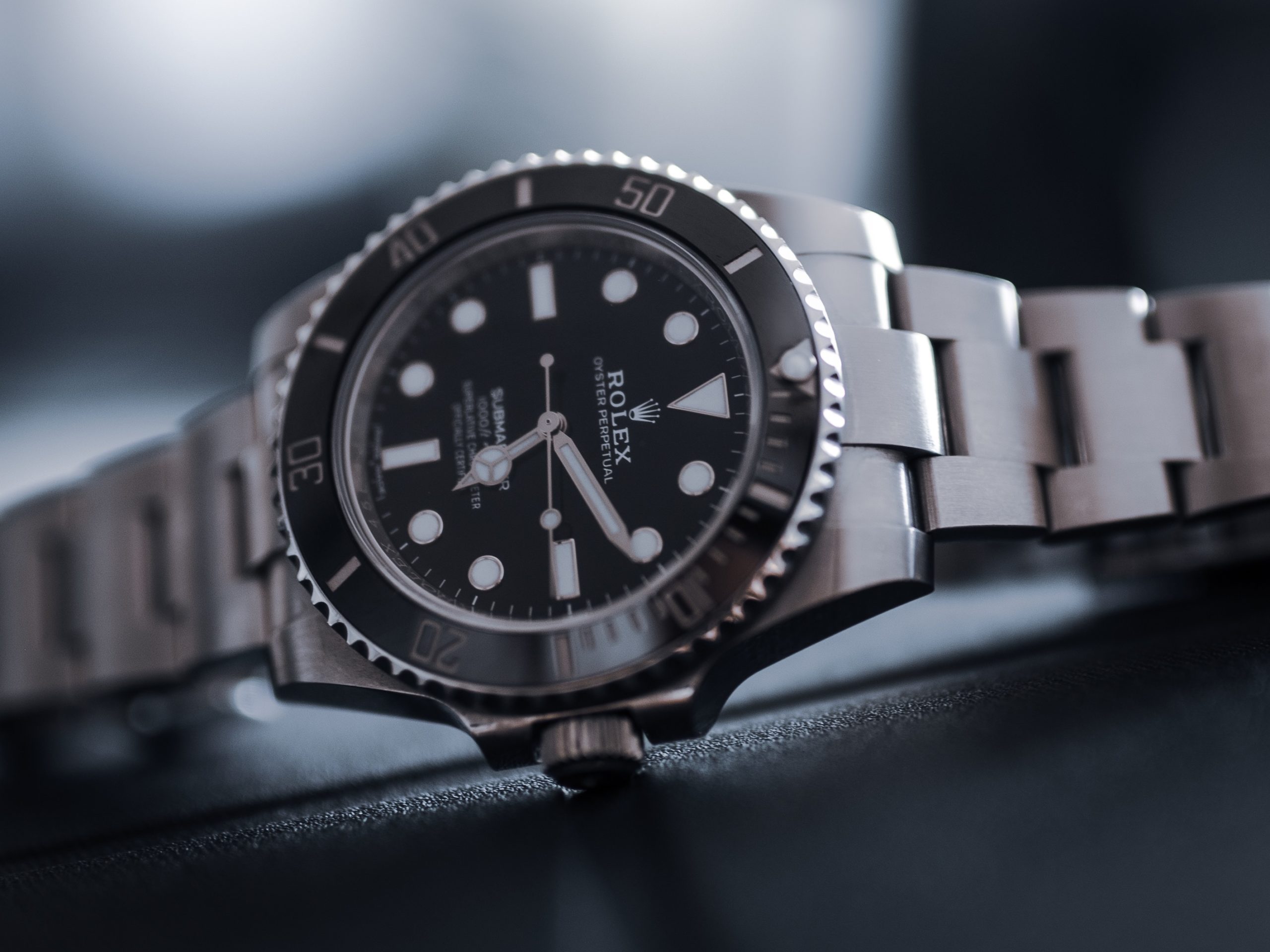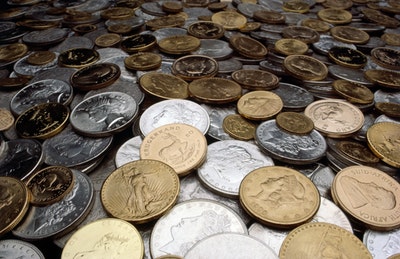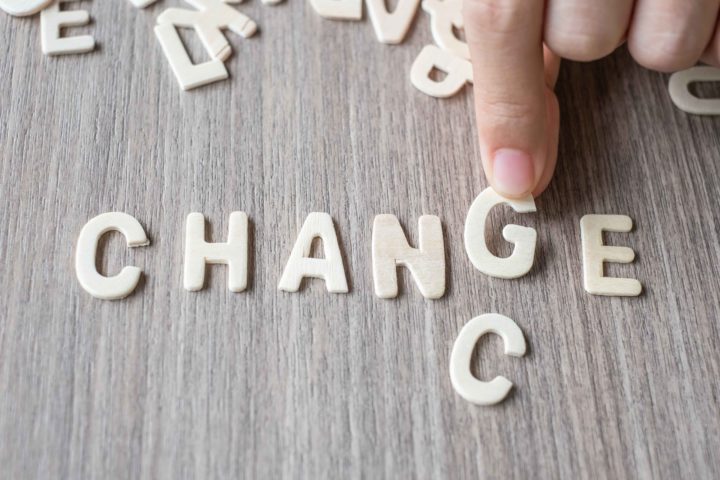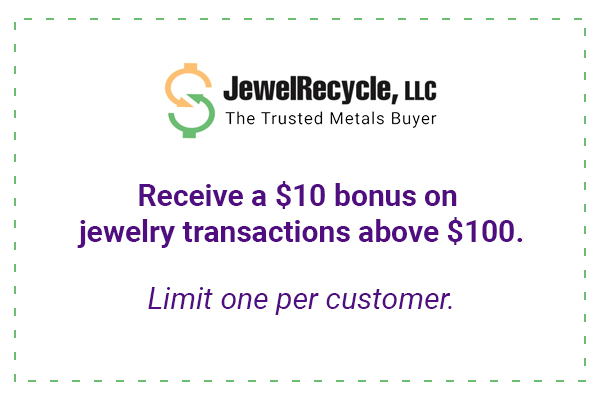In generations past, families considered their “silver” collections to be an important status symbol — as well as a cherished family heirloom. They lovingly polished their silver candlesticks, holloware, tea sets, and flatware and presented them on special occasions, such as holiday gatherings and formal dinners. In between those times, silver items were often proudly displayed in curio cabinets or atop dining room sideboards.
These days, however, all of that has changed. Many families still hang on to their old silver collections, but they rarely get much use anymore. And the younger generations, who have adopted a much more casual approach to entertaining, are rarely even interested in inheriting family silver collections — let alone collecting them.
If you are like many people, you may have sterling silver and silver-plated items that you no longer use (and that your relatives aren’t interested in inheriting). And if you are in the process of downsizing or decluttering, then you know how much space these objects can really take up. The good news? Even though silver has mostly gone out of fashion, you can sell your silver items and, in many cases, earn more than you might think.
How Much are My Silver Items Worth?
Most silver household items, including holloware, flatware, candlesticks, and tea sets, don’t hold much value on the resale market as-is. Instead, they are simply worth their weight in the current price of silver. When sold for their metal value, these silver items are ultimately melted down and recycled into new items.
There are a few exceptions. For example, Tiffany pieces such as candlesticks and jewelry are still considered desirable and can be sold for a premium on the secondary market. The same goes for some silver Native American jewelry and fine silver jewelry from luxury brands like Cartier, David Yurmin, Bvlgari, and Buccellati.
The actual value of your silver items is determined not just by the price of silver and the weight of your items but also by the precise metal composition of your items. The vast majority of silver items are either sterling silver or silver-plated.
As you might guess, the real value is in sterling silver items. That’s because sterling silver is technically 92.5% silver by weight (with copper accounting for the remaining weight). Most people find that they are pleasantly surprised by the value of their unwanted sterling silver items.
Silver-plated items, on the other hand, are a different story. They are made mostly of copper and typically only contain 1% silver by weight. As a result, although silver-plated items are often bulky, they are worth very little. Many thrift stores won’t even accept donations of silver-plated flatware. In fact, JewelRecycle is one of the only businesses in the state of North Carolina that actually purchases silver-plated items. Even a small payout is better than the alternative — a trip to the landfill.
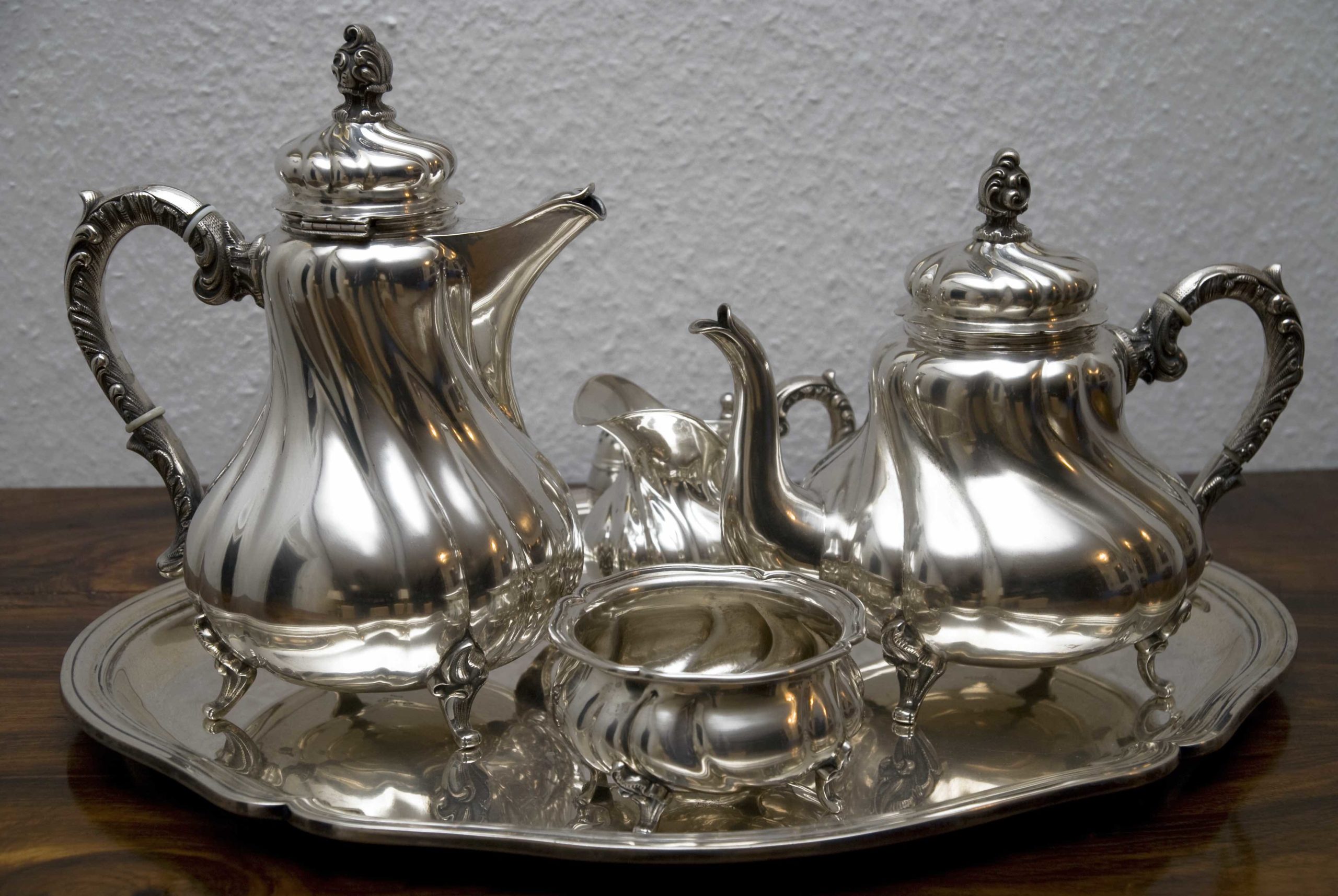
Ready to Sell Your Silver? Take The Following Steps.
If you think you might want to sell your unwanted silver items, the first step is to bring them into any one of JewelRecycle’s four stores located throughout North Carolina. No appointment is necessary, and there’s no need to polish or clean your silver items before you bring them in. Doing so won’t impact the offer you get on your items.
Our knowledgeable associates will assess your silver items right in front of you (nothing ever leaves your sight) using our straightforward and transparent process. To begin, we use our sophisticated, non-destructive X-Ray fluorescence technology to determine the precise composition of your silver items. This will enable us to determine whether your items are sterling silver, silver-plated, or (less commonly) some other purity.
In the case of sterling silver items, we then weigh your items using our state-certified scales and make you an offer based on the current price of silver. There is one exception: knives in flatware sets typically have stainless steel blades and some percentage of plaster or lead in the handles. As a result, we make individual, per-piece offers on knives in flatware sets rather than going by the weight alone.
In the case of silver-plated items, we check to make sure your item contains at least trace elements of silver. If so, we pay around a dollar per pound for silver-plated items.
After we’ve assessed all of your items, we’ll make you a no-pressure offer. If you decide to sell your items, we’ll pay you in cash on the spot. It’s simple and convenient — and the value you get just may surprise you.

